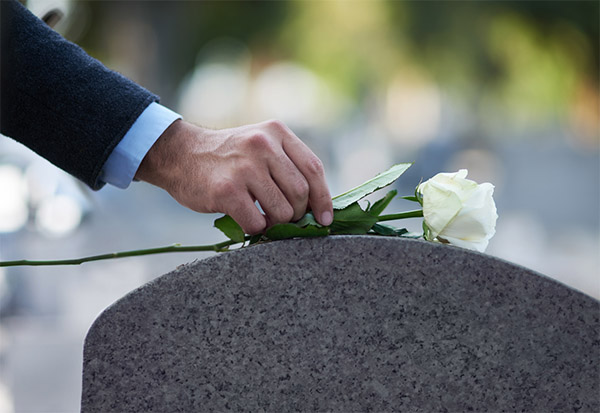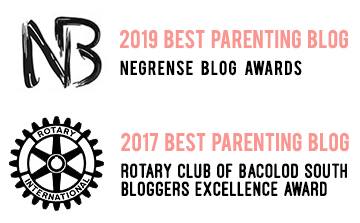Stressful Times: Wrongfully Losing A Loved One Is Hard To Handle

It’s never easy to lose a loved one but it’s especially difficult when their death could have been prevented. Nothing can ever bring them back to you but if you’re the next of kin, you may want to seek counseling and legal recourse.
There are specific circumstances in which you can sue for wrongful death. These are when a person’s death is caused by the wrongful act or neglect of another person or company and the negligence was such that if death had not occurred, the injured person would have been able to file a personal injury claim.
Wrongful death claims can emanate from intentional killings, medical malpractice, and road fatalities. However, deaths which result from workplace injuries are usually handled through worker’s compensation and don’t qualify for wrongful death claims.
Bringing a wrongful death claim
Only the personal representative of the deceased person’s estate can make a claim or file a lawsuit seeking compensation. Spouses can bring action in all states along with parents of minors and minors whose parents have been killed. In some states, parents of adult children can file claims and adult children can sue for the wrongful death of their parents. Some states also allow grown siblings, cousins, uncles, grandparents and other members of the extended family to sue as well.
Generally, what you will be able to collect is the financial value of any support, companionship and serviced the individual would have contributed to you if they had lived. All wrongful death claims must be given a monetary value even if it is difficult to attribute a cost to companionship.
You cannot claim for damages to the deceased person in a wrongful death suit. What you can do is file a separate action on behalf of their estate to seek compensation for pain, suffering, medical expenses and funeral expenses.
Dealing with grief and suffering
You cannot be compensated for grief and mental anguish does not factor into a wrongful death claim. It doesn’t mean that you shouldn’t seek help dealing with your feelings in the same way you seek legal help. The level of grief can be quite severe given the emotional and financial impact of your loved one’s death.
Friends and relatives may try to help you, but grief counseling may be necessary to help you come to grips with your feelings and continuing living your life. A grief counselor can listen without judgment, help you to understand and manage your varying emotions and find acceptance.
Not everyone needs to see a therapist or counselor. However, if you are obsessing over the way your loved one died, you feel like life has lost its meaning or you are unable to work or carry out regular everyday activities, you should seek help.
You should not be embarrassed about seeking assistance and it doesn’t mean you’re weak.
Joining a grief support group can help you to realize that you’re not alone. If you’re not ready for this, then it’s fine to meet one-on-one with a therapist. You may also find solace in your religious or spiritual leader or advisor.
Dealing with the wrongful death of spouse or child can be very painful. That’s why it is important to get also the legal and emotional help you need to help you get your life back on track.





